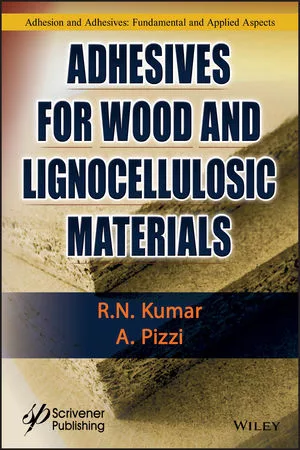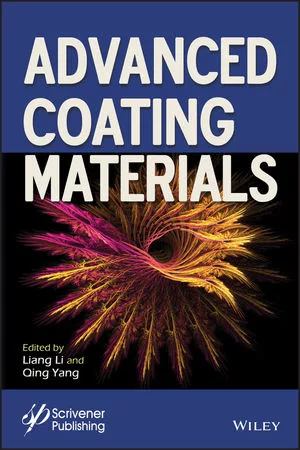Investment to Develop Sustainable Raw Materials for the Chemical Industry
BERGEN OP ZOOM, the Netherlands - The province of Noord-Brabant in the Netherlands, TNO (Netherlands Organization for Applied Scientific Research), ECN (Energy Research Centre of the Netherlands) and the Flemish VITO are jointly investing €10 million in the development of bio-aromatics, sustainable raw materials for the chemical industry. Shared Research Center Biorizon will use the funds to finance various projects designed to reach a goal of enabling the commercial production of bio-aromatics for industry in 2025. The four parties made this announcement in Antwerp, Belgium, during Biorizon's annual event.
Biorizon plans to use the financing to accelerate the development of bio-aromatics. Together with industry, Biorizon is developing technologies for extracting aromatics from vegetal residual and other streams. In this way, Biorizon hopes to offer the chemical and supply industry an alternative that is both profitable and sustainable to extracting raw materials from petroleum. The sustainable alternative has the possibility of replacing 40% of all chemicals.
During the event, Bert Pauli, Vice Governor for Economic Affairs and Internationalization for the province of Noord-Brabant, called the industry to more open innovation, “The province plans to use the investment to stimulate the sector to share more knowledge and to involve the SME sector in research and development. In this way, we are anchoring the biobased sector firmly in Brabant and connecting up the Green Chemistry Campus, where Biorizon is located, Nieuw Prinsenland and the Moerdijk port and industrial area. This boosts employment in the region and over the long term, the competitive strength of industry throughout the Netherlands.”
The province of Noord-Brabant is investing five million euros up to 2020 and TNO, ECN and VITO are investing another five million in total. This investment is intended to act as a flywheel to connect companies and other stakeholders over many years to one or more of the Biorizon research lines. These include thermochemical conversion of biomass into aromatics (led by ECN), from sugars to aromatics (led by TNO), and from lignin to aromatics (led by VITO).
Revenue received from participation by companies will be invested in part by Biorizon in the research program, building the ecosystem in a future-proof manner.
More than 200 companies are currently members of the Biorizon Community, several dozen of which are participating in projects, to which they are also contributing financially. One example is the Waste2Aromatics project. Here, valuable raw materials for the chemical industry are being produced from waste such as GFT, diapers, sieved material and manure.
Looking for a reprint of this article?
From high-res PDFs to custom plaques, order your copy today!






